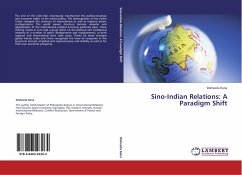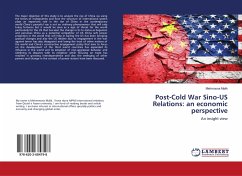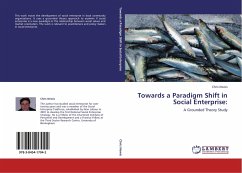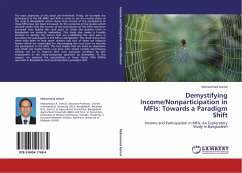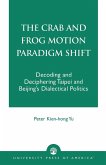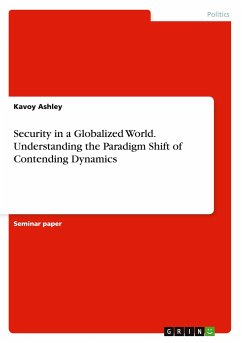The end of the Cold War enormously transformed the politico-strategic and economic milieu of the world politics. The disintegration of the Soviet Union changed the contours of international as well as regional power configurations. The world power structure became unipolar and globalization of the international political economy gathered pace. These shifting trends in turn had a great effect on the bilateral and multilateral relations of a number of states. Realignments and readjustments, at both regional and international level, took place. Driven by these changed global trends, India and China recognized the need to cooperate in the long-term interest of global and regional peace and stability as well as for their own economic prosperity.

